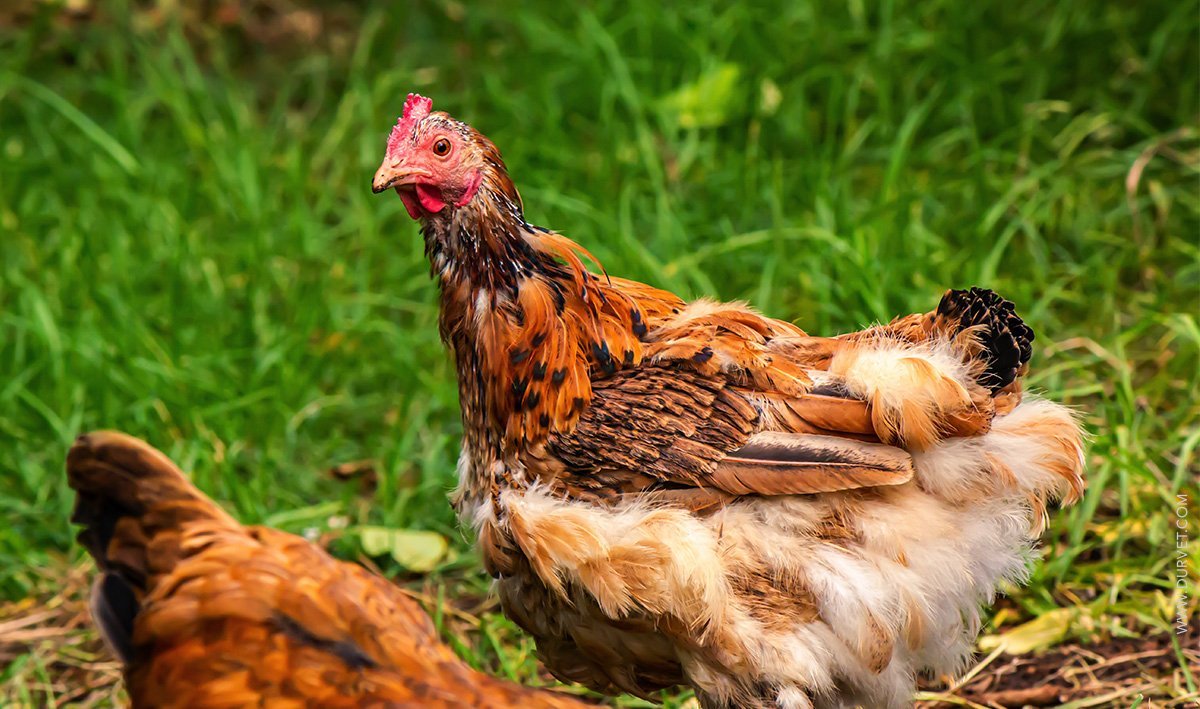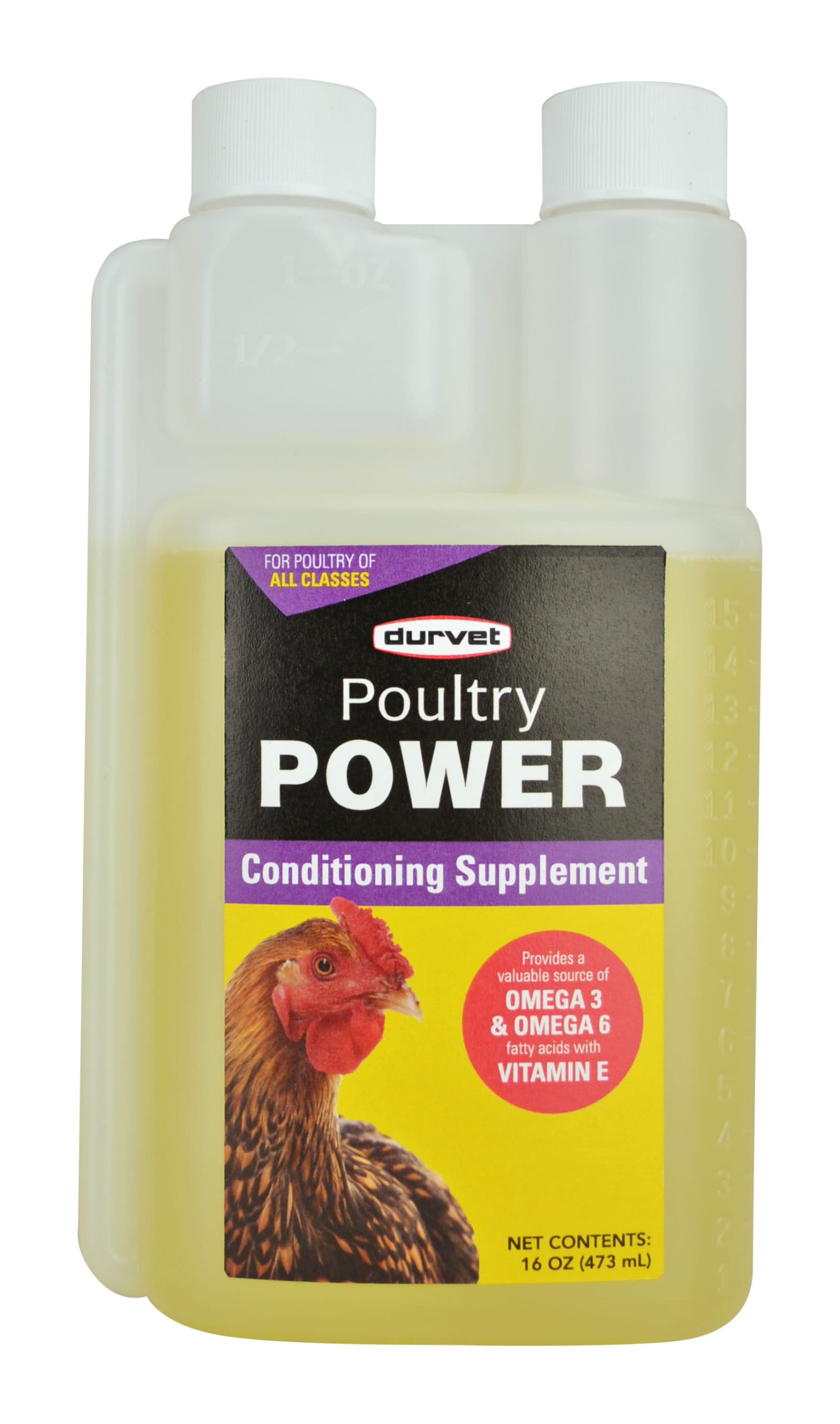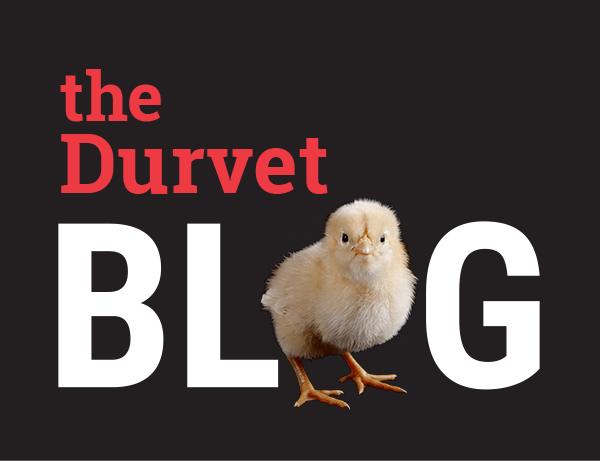
Are your feathery friends looking a bit… bald? Don’t fret! Molting season is upon us – the time when chickens shed their old feathers to make way for the new ones as they prepare for the colder weather ahead. This time can take a toll on egg production as well as your flock’s comfort level. There are, however, ways you can support your flock during this natural process.
Providing a good high-protein diet.
With their feathers being mostly protein, it is vital to boost your chickens’ protein intake during molting. High-protein foods like mealworms, sunflower seeds and specialized high-protein feeds can help your flock be better equipped for the feather growth ahead.
Creating a stress-free environment.
A spacious area with clean bedding and good air ventilation is a great benefactor for your flock during their molting period. Their skin can become tender during this time, so it is important to provide enough space to keep them comfortable. Since this time can also put added stress on a chicken, it is suggested to refrain from introducing new members to the flock or making drastic changes to their living conditions.
Providing water with a boost.
Fresh, clean water with vitamins and electrolytes mixed in can provide an extra boost to your chickens’ health during the molting process. This mixture can help keep them hydrated while also providing them with supportive nutrients.
Gradually transitioning their diet back.
It is important to switch your flock back to their regular diet by gradually mixing layer feed into the high-protein feed over a one to two-week period. This approach helps to keep their digestive system in check and helps your chickens adjust to the layer feed.
Extra Tips:
- Spotting molting – look for reduced egg production, bald patches and unusual behavior.
- Light schedule – consistent lighting can help regulate your chickens’ internal clock during molting.
- Risks – overcrowding and malnutrition are serious concerns; monitor your flock closely.
- Poultry Power – provide your flock with Durvet’s Poultry Power! This conditioning supplement is packed with Omega 3 & 6 plus Vitamin E to support colorful, shiny and thick plumage. Available in various bottle sizes, Poultry Power offers increased energy and nutritional support during the molting process.


 BACK TO MAIN BLOG
BACK TO MAIN BLOG 

Comment